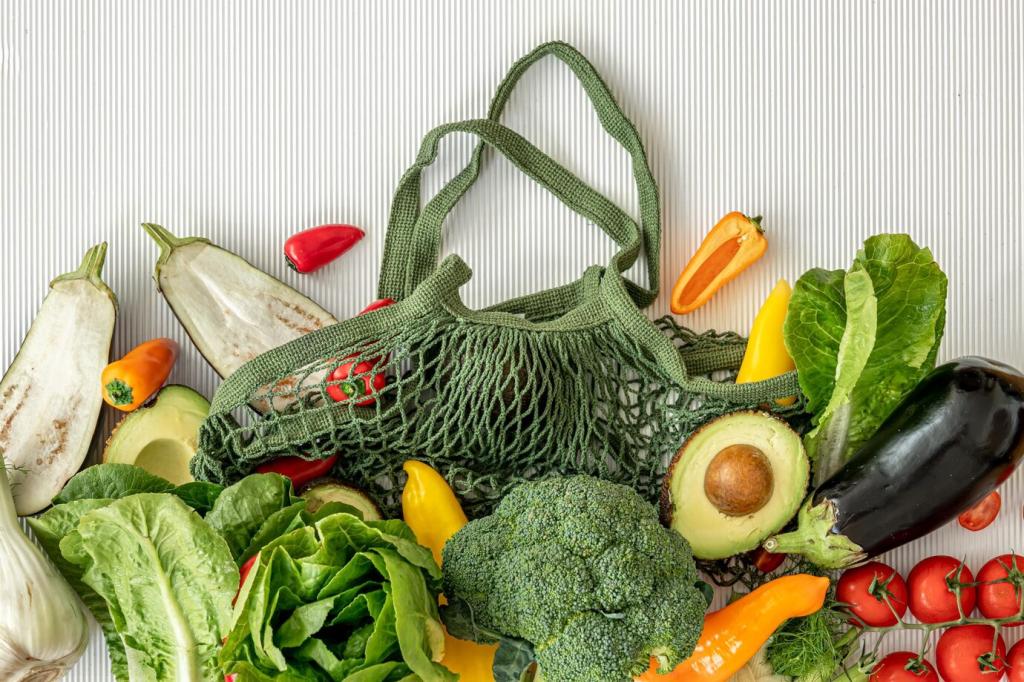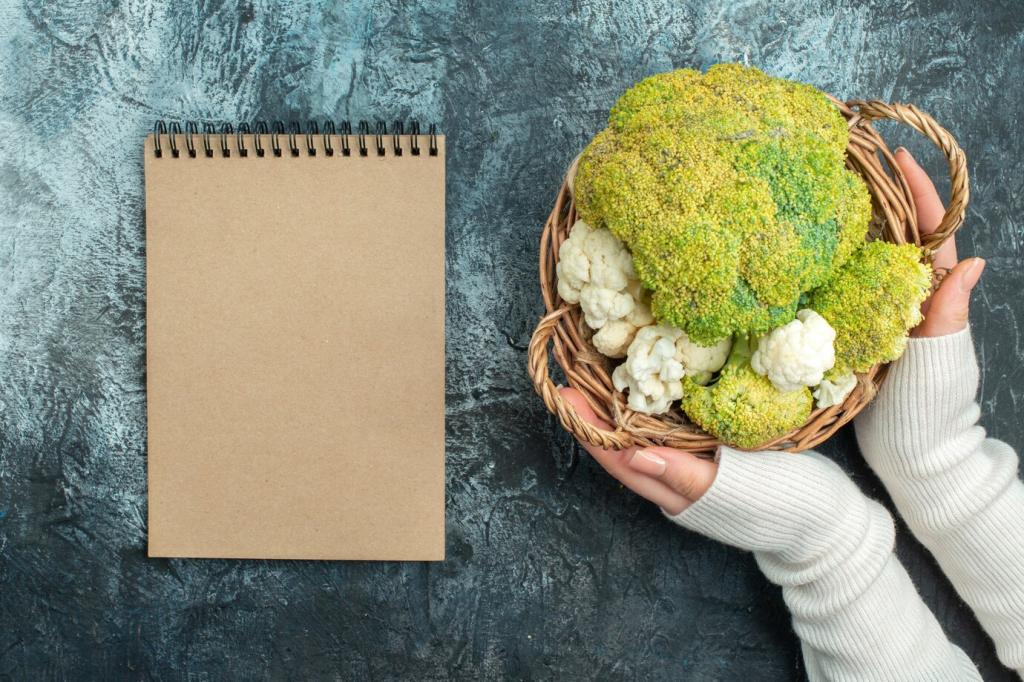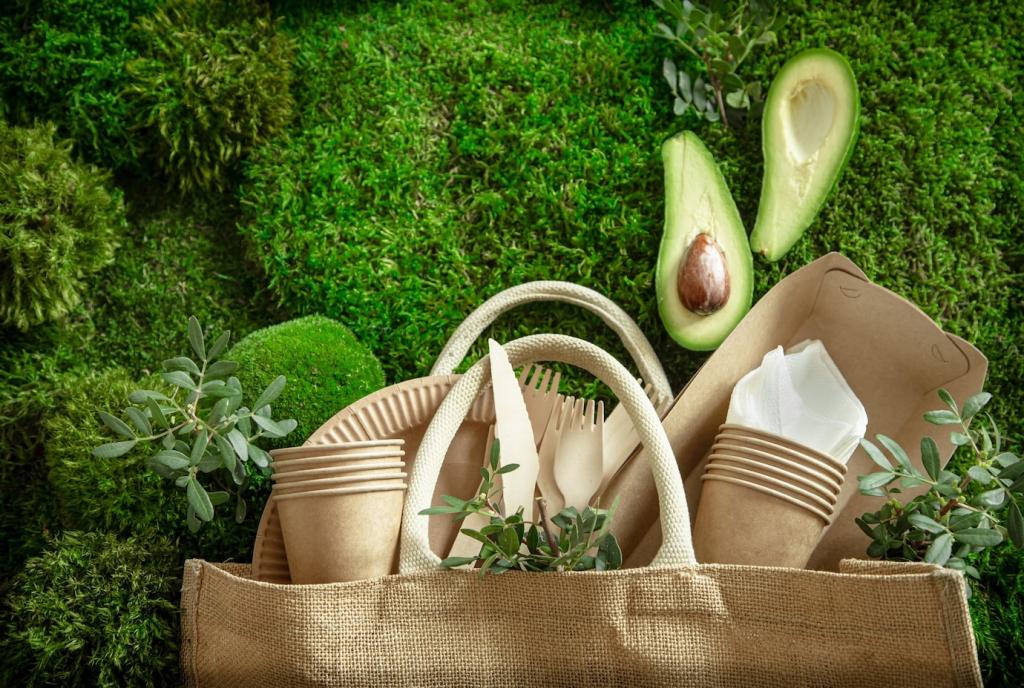Ethical Consumer Habits for a Sustainable Lifestyle
Chosen theme: Ethical Consumer Habits for a Sustainable Lifestyle. Welcome to a friendly space where everyday choices become powerful acts of care—for people, for places, and for the future we share. Join the conversation, subscribe for fresh tips, and help shape a kinder marketplace.
Mindful Buying Basics
The Need–Want Pause
Before buying, pause for a breath and ask three questions: Do I need it? Will I use it often? Do I already own something that works? This quick check keeps impulse spending and waste in check.
The 30-Use Rule
Choose items you can confidently use at least thirty times. This rule transforms novelty into longevity, helps avoid fragile trends, and prioritizes durable quality. Tell us which products in your life have passed the 30-use test.
Keep a Purchase Journal
Track what you buy, where it was made, and how it performs over time. Patterns appear fast, guiding better choices and saving money. Subscribers get a simple template—sign up and start today.
Reading Labels and Certifications
Decoding Eco-Labels
Look beyond green leaves and vague claims. Credible certifications usually specify standards, auditing processes, and scope limits. When in doubt, visit the certifier’s site to confirm meaning, coverage, and whether the claim matches the product category.
Ingredients and Materials Transparency
Scan for clear lists of materials and origin. Simpler, safer inputs usually mean easier recycling and fewer hidden toxins. If the list is vague, contact the brand. Your question encourages clarity for everyone.
Ask Brands Better Questions
Email or message companies about worker protections, repair options, take-back programs, and renewable energy use. Polite persistence is powerful. Share replies with our community to help others navigate choices with confidence and care.
Low-Waste Daily Routines
01
Packaging-Light Pantry
Choose staples in larger formats, glass, or recyclable cardboard. Bring your own containers to bulk sections when possible. These simple shifts shrink trash, save money, and make kitchens calmer. Share your best low-packaging staple picks.
02
Repair, Refill, Repeat
Repair cafes, cobblers, and refill shops keep beloved items alive. I once fixed a wobbly stool at a community event and met three neighbors who now swap tools. Maintenance builds skill, friendship, and savings.
03
Composting as a Consumer Habit
Food scraps are resources, not refuse. Composting reduces methane and enriches soil for gardens. Apartment dwellers can use community bins or countertop systems. Tell us how you handle scraps and what’s worked in your home.
Sustainable Fashion Choices
When I built a small capsule wardrobe, mornings felt lighter and laundry simpler. Colors coordinated, outfits multiplied, and impulse buys faded. Try starting with ten versatile items and track how often each one gets worn.

Food with a Conscience
Choose produce that’s in season and grown nearby when possible. Fresher food often tastes better and travels less. Farmers’ markets also connect you to growers. Ask about practices, and subscribe for a monthly harvest calendar.
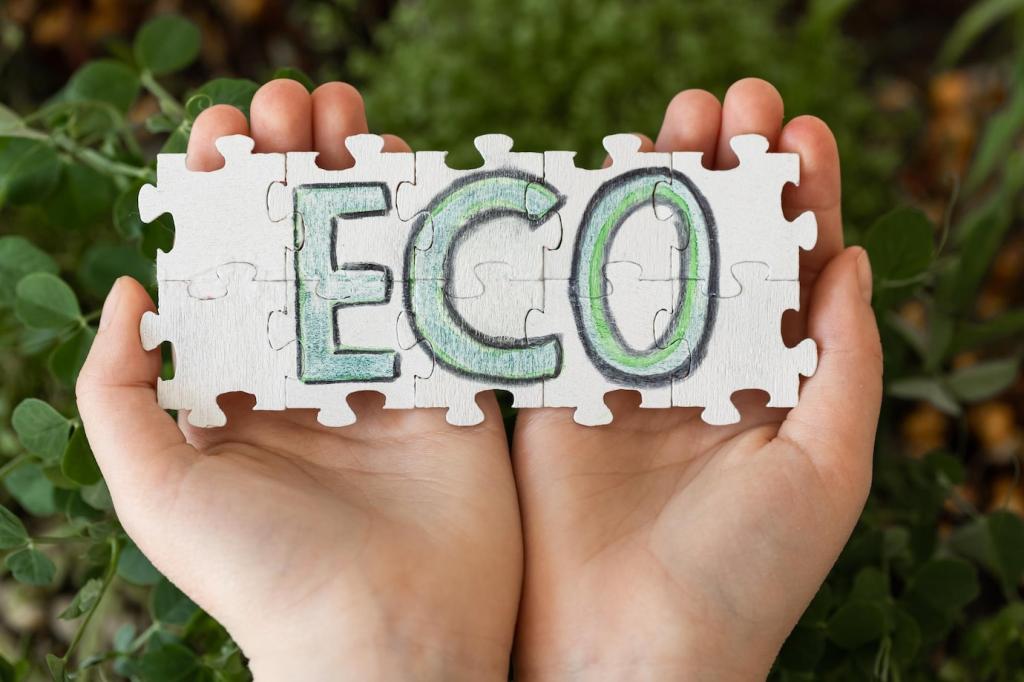
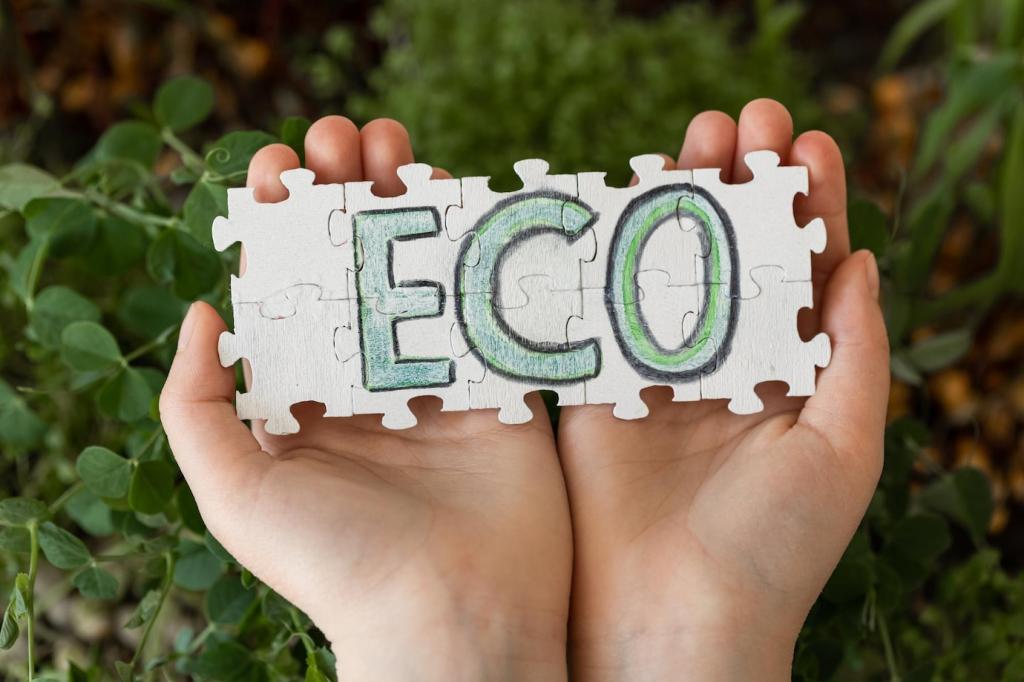
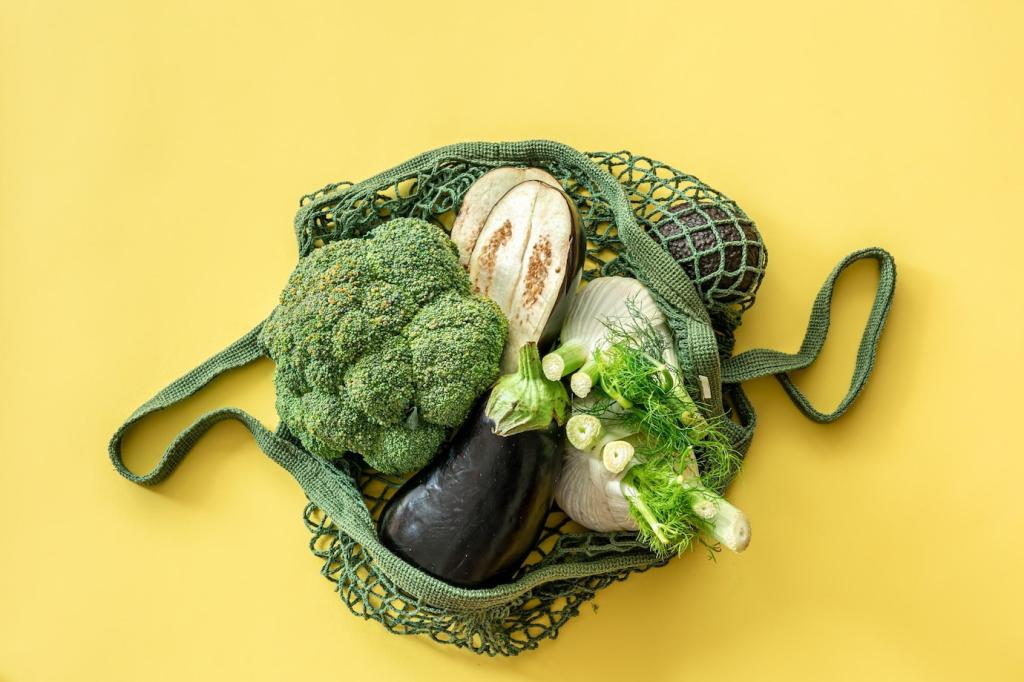
Money Matters: Banking and Buying with Integrity
Ethical Banking Options
Investigate community banks or credit unions focused on local lending and transparent governance. Ask how deposits are used. If you switch, share your experience so others can learn what questions to ask.
Feedback that Guides Better Business
Brands notice respectful, specific feedback. Praise good practices and suggest improvements—especially around durability, repair access, and worker welfare. Post a template comment to help readers advocate effectively and politely.
Budgeting for Values
Set aside a small monthly amount for better-made essentials. Planning reduces last-minute compromises and supports makers who do things right. Share your value-aligned budget categories to inspire newcomers.

